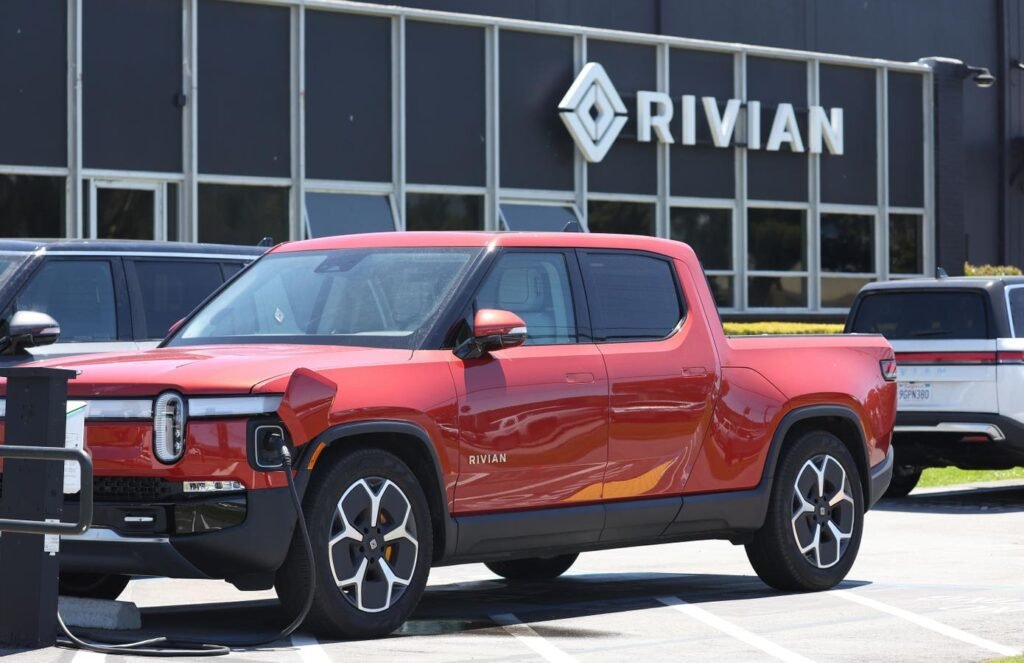Volkswagen’s recent $5 billion deal with Rivian has been met with a positive reception, with analysts praising the joint venture as a potential solution to the German giant’s struggles with its electric vehicle transition. The deal allows VW to gain access to Rivian’s electric vehicle operating system and engineering expertise, while Rivian receives cash and production know-how from Volkswagen. Investment bank Morgan Stanley believes this deal could be a turning point for VW’s capital spending plans, which investors have been concerned about. However, Moody’s Ratings points out that VW’s ownership structure, which includes multiple stakeholders and complex relationships, poses additional risks.
VW’s software subsidiary Cariad has been a significant expense for the company, with reports indicating significant losses in recent years. Moody’s Ratings highlights the importance of reducing VW’s hefty 2025-2029 capex and R&D spending plan to improve investor perception and ultimately boost the company’s share price. The Rivian deal is seen as a step in the right direction, as it aims to reduce software development costs and accelerate new model launches. While there are execution risks associated with the deal, VW indicated that it may finance part of the $5 billion investment through divestment of non-core assets.
GlobalData’s analysis suggests that social media also views the partnership positively, highlighting the mutual benefits for both Volkswagen and Rivian. Concerns about the long-term sustainability of the deal have arisen, with some influencers recalling past failed partnerships, such as the one with Suzuki. However, Auto Forecast Solutions’ Layson points to Rivian’s advanced operating systems, which have streamlined production processes and reduced costs. The limited scope of the agreement is believed to keep both partners focused on achievable goals and prevent mission creep as the partnership evolves.
The deal with Rivian is expected to allow the development of more affordable and smaller R2 SUVs, set to launch in 2026. Rivian’s current lineup includes the R1S SUV and R1T pickups, with the R2 being the first to utilize the joint venture company’s software. VW’s brands like Audi, Porsche, Lamborghini, and Bentley are also expected to leverage this technology in the future. Reports suggest that Rivian has been facing financial challenges, with analysts estimating losses of nearly $40,000 per vehicle sold. The deal with VW is seen as a strategic move to alleviate pressure on Cariad and complement the company’s existing partnership with XPENG in China.
Overall, the Volkswagen-Rivian joint venture has been met with optimism from analysts and industry experts, who believe it could help VW navigate its transition to electric vehicles more effectively. The deal is expected to benefit both companies by combining their strengths in software development and production processes. While concerns about long-term success and sustainability remain, the initial focus on achievable goals and streamlined operations is seen as a positive sign. As the partnership evolves, it will be interesting to see how VW and Rivian leverage their collaboration to drive innovation and competitiveness in the electric vehicle market.












